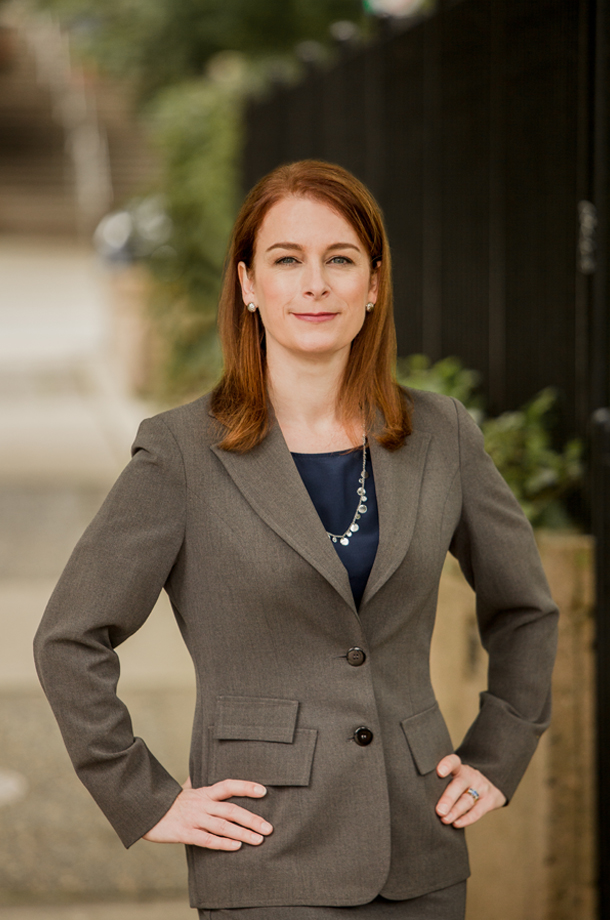Professionals assisting an individual with planning his or her estate can be faced with the issue of testamentary capacity. As was once said in a significant 19th century decision: in the case of a "raving mad-man" or of a "driveling idiot" there is no difficulty in determining capacity. But:
Between such an extreme case and that of a man of perfectly sound and vigorous understanding, there is every shade of intellect, every degree of mental capacity. There is no possibility of mistaking midnight for noon; but at what precise moment twilight becomes darkness is hard to determine.
To assist in this capacity determination, a set of governing principles were laid out in the still-applicable 1880 case of Banks v. Goodfellow. These are:
- the testator must understand the nature of the act and its effect;
- the testator must understand the extent of his or her property;
- the testator must be able to understand and appreciate the claims of those around him or her, to which he or she should be giving effect; and
- there is no "disorder of the mind that shall poison his affections pervert his sense of right, or prevent the exercise of his natural faculties – that no insane delusion shall influence his will in disposing of his property and bring about a disposal of it which, if the mind had been sound, would not have been made."
The Banks v. Goodfellow case is significant because the court holds that there is a standard of "morality" to which most testators naturally ascribe. If expected natural affection of the testator is displaced by an "insane delusion," then the testator is held to be of unsound mind and those portions of the will which were directed by that unsoundness will fail.
The test set out in Banks v. Goodfellow is a legal test. The Courts give deference to the opinion of the solicitor who met with the testator and took the will. However, if there is a capacity concern, it is crucial that the solicitor be informed of all relevant factors prior to taking the will. This information includes:
- sufficient particulars of the proposed testator’s medical condition;
- specific reasons why capacity is in doubt;
- a copy of the previous will; and
- why the proposed testator wishes to change the existing will.
If you believe you require legal assistance with an estate dispute and would like to speak with someone about your concerns please contact Amy Mortimore at 604.643.3177 or [email protected].



